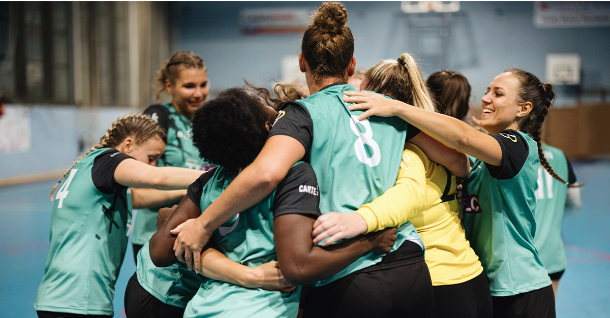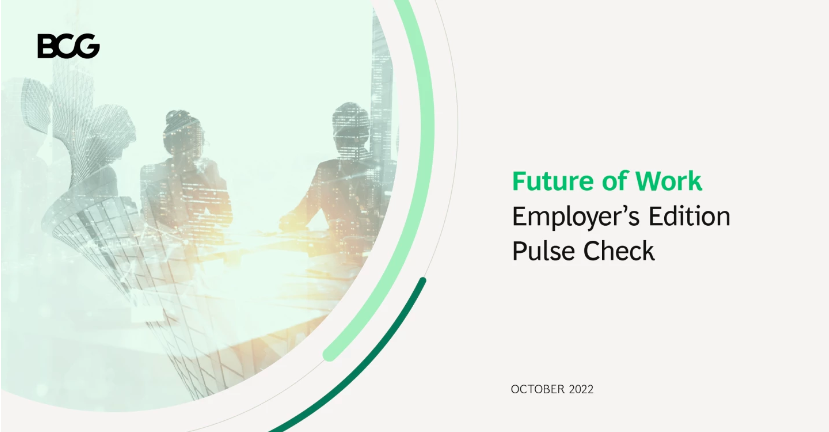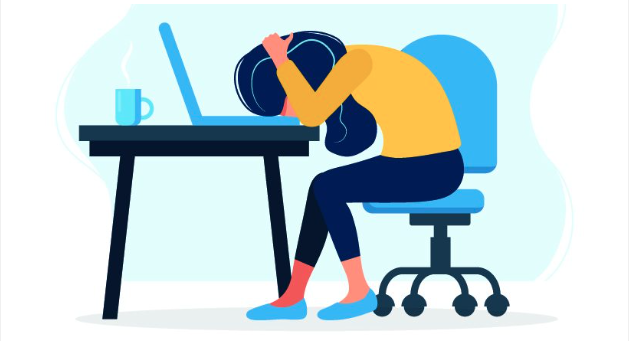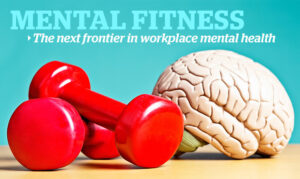
Financial well-being a must for mental well-being
A good-paying job and money may not buy happiness, but they buy peace of mind — especially considering the current economic realities of inflation and
Articles

The 2024 People Risk Report conducted by Mercer outlines how to be proactive and diligent when it comes to addressing employee health & wellbeing. It presents 5 key pillars of risk (one of them being health, wellbeing & safety), their potential impact on an organization, and highlights how to practically address these issues. Consult the report to optimize your people risk management.

According to this article written by Emma Seppälä, Ph.D. and Kim Cameron for the Harvard Business Review, 550 million workdays are lost in the U.S. each year due to stress in the workplace. Furthermore, the APA estimates that more than $500 billion is siphoned from the U.S economy for the same reason. Ensuring a positive work culture isn't just the right thing to do, it can put money back into your company's pocket.

What does it mean to be resilient? Does it mean to keep trudging on when the going gets tough, or to stay up all night to finish a work project? Well, the title of this very interesting article, written by Shawn Achor and Michelle Gielan, flips the script on what it means to be resilient - "Resilience Is About How You Recharge, Not How You Endure". If you are not spending time recovering, you are hindering your ability to be resilient and successful.

"People are your most valuable asset" While many companies tout this familiar phrase, how many actually treat them as such? Effective management of people risk, which includes factors like health and safety, talent retention, and corporate culture, is crucial for better organizational performance and resilience. To own this issue, companies must prioritize people risk as a fundamental part of their corporate ethos and risk management strategies.

What does it mean to be healthy? Sure, eating right and exercising are absolutely crucial to one's wellbeing, but what about your social health? This article, written by Kasley Killam, MPH for the Guardian, emphasizes the importance of meaningful connections, going so far as to say that our need to connect is as vital as food and water.

In this article written by Smriti Joshi for OHS, the following statistics were presented for manual labor workers in the US: 51% experienced symptoms of physical fatigue (versus the average 38%), 41% experienced cognitive weariness (versus the average 29%), and 41% experienced emotional exhaustion (versus the average 25%). These statistics highlight the significant physical, cognitive, and emotional toll manual labourers live with, underscoring the urgent need for enhanced health and safety measures to address and mitigate these challenges.

The traditional belief that "maximum effort equals maximum results" is outdated. Research indicates that this approach doesn't lead to optimal performance. Instead, the 85% rule suggests that to achieve maximum output, it's better to avoid giving 100% effort all the time. Constantly operating at full capacity can lead to burnout and less optimal results. While 85% is a guideline rather than a precise figure, it is useful for managers aiming to build high-performance teams without risking burnout.

When considering the future of work, many focus on remote and hybrid models, but it's a much broader topic. It also involves leadership, culture, customer relations, talent development, and re-skilling. Executives from around 350 companies across various industries and 47 countries were surveyed. It was discovered that many companies are still in the early stages of improving the future of work in key areas. Executives noted that their organizations are behind in important people-focused areas, such as generative leadership, continuous learning, and diverse talent models, even though they consider these aspects highly important.

Good mental health hinges on consistent habits, like micro-skills, to navigate challenges and foster positive emotions. This article, written by Dr. Bill Howatt, explains how the balance between pleasant and unpleasant emotions directly influences our overall emotional well-being, and how practicing our mental fitness can help us spend more time experiencing pleasant emotions.

A good-paying job and money may not buy happiness, but they buy peace of mind — especially considering the current economic realities of inflation and

Inadequate positive relationships at home and work contribute to the large number of people in the workplace caught in the mental state of languishing (i.e., feeling blah).

At its core, mental fitness is about engaging in activities that intentionally charge our batteries. One of Martin Seligman’s five key elements that can help

Mental fitness can help create more positive emotions, which research suggests increase the opportunity for good mental health. Positive emotions help us play and be

EDITOR’S NOTE: ‘Mental Fitness: The next frontier in workplace mental health’ is a monthly series, in partnership with Dr. Bill Howatt of Howatt HR Consulting

If you were to talk to someone about their body chemistry, issues like diabetes, typically a chronic disease, might come up. If you listen carefully,
© 2023 mental fitness IQ Inc. All rights reserved.
Terms of Service – Privacy Policy